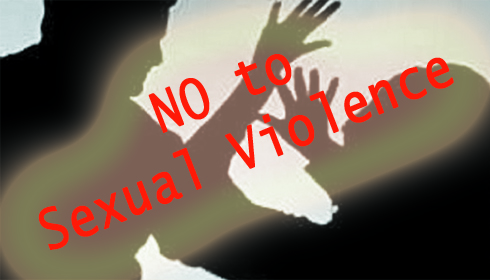
Police and Hospital Administration Under Scrutiny in R G Kar Medical College Murder Case
The ongoing investigation into the brutal death of a resident doctor at R. G. Kar Medical College and Hospital has focused attention on the responsibilities of state police and hospital administration. As part of its investigation into the issue, the Central Bureau of Investigation (CBI) requested a polygraph test from Sandip Ghosh, the institution's former principal, on Thursday. Protesters yelled "We want justice" as Ghosh and CBI officers left the Sealdah courthouse after two hours.
Ghosh, four of the deceased's classmates, and Sanjay Roy, a civic volunteer close to the accused, also underwent polygraph tests. According to sources, the polygraph tests attempt to eliminate disparities in testimonies about the hospital managers' conduct following the tragedy. The court must still decide whether the physical states of all participants are appropriate for such tests, even after granting Sanjay Roy's polygraph test.
Following the death, the Kolkata police's role has been under intense scrutiny. The CBI questioned ASI Anup Dutta, also known as 'Gurudev', and civic volunteer Sanjay on the same day they questioned Ghosh. Sources report an abnormally active presence of police, especially lower-level officers, at the hospital from the morning of the incident until the cremation. This prompted questions about their motivation and whether they were following adequate procedural norms.
A CBI official remarked on the unusual character of the police deployment, pointing out the presence of a large number of policemen beyond what is customary for dealing with serious occurrences. Usually, we call in more officers from other stations or reserve units to deal with law-and-order issues. However, in this situation, it appeared that the police presence was motivated by inexplicable causes rather than a desire to protect public order.
The behaviour of both the police and the hospital administration, particularly their apparent unwillingness to follow regular investigative standards, has raised questions. The police allegedly based their initial investigation on a 'General Diary' entry from 10:10 a.m., even though they recovered the body much earlier. Noticeably delayed, the police handled the scene with a lack of clarity and decisiveness.
Furthermore, the early phases of the investigation have called into question the involvement of prominent police officials. Reports suggest that these officials attended meetings in the principal's and superintendent's offices instead of actively investigating the murder scene. Suspected attempts to determine the case's reporting strategy emerged during these discussions, fueling suspicions of a cover-up.
We have also scrutinized the sequence of events that followed the discovery of the body. From the delayed issuance of the death certificate to the post-mortem examination and subsequent surrender of the body to the family, the process appeared to lack the urgency and thoroughness that such critical instances demand. Only three hours after the family received the body, the police filed the FIR, casting doubt on their intentions and effectiveness.
Investigations into the hospital administration's involvement are underway due to allegations that they coordinated with the police to manage the aftermath of the tragedy. The principal and trusted staff reportedly convened a series of meetings, ostensibly to manage the narrative and keep the problem from developing into a political issue.
As the investigation progresses, the CBI is eager to learn the truth about the police and hospital administration's activities on the day of the murder. With the Supreme Court now involved, there is increasing pressure on both institutions to offer clear answers about their actions and the obvious procedural flaws that have emerged. Accountability is crucial in critical areas such as the delay in filing the FIR and the handling of the initial investigation.
In this case that has shaken the nation, transparency and attention to legal norms are more important than ever in ensuring justice for the deceased and their families.